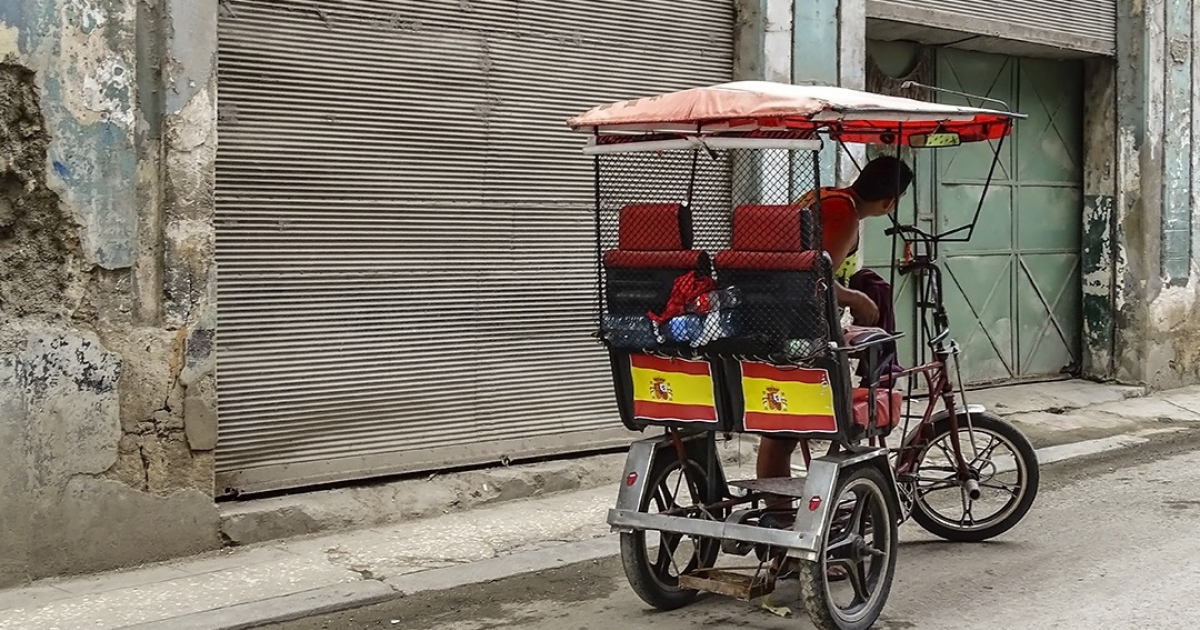
Cuba has become “in a short time” the sixth country in the world with the largest number of Spanish citizens. Nearly 150,000 people live on the Island with this nationality, most of them beneficiaries of the Historical Memory Law or Grandchildren Law, applied in 2007.
This was announced this week by the magazineForeign Spain, co-financed by the Ministry of Employment and Social Security of Spain and specialized in issues that concern Spanish communities scattered around the world.
The publication indicates that the vast majority of these “new Spaniards” were born in the largest of the Antilles and represent 1.3% of the population.
Between 2009 and 2018, the text includes,A total of 139,197 new incorporations were registeredof residents in Cuba to the Register of Spaniards Resident Abroad (PERE). Some 100,349 were people between 16 and 64 years of age, while 26,137 were 65 or older and 12,711 were under 16 years of age.
However, problems of insufficient staff at the Spanish consulate in Havana, together with difficulties in obtaining the requested documents and little access to communication via the Internet or postal mail, have contributed to the fact that there are still some to be completed.between 70,000 and 75,000 nationality files.
Of these, about 50,000 are frozen (many for years) due to missing any of the required documents or the applicant's signature.
The portal pointed out that it will be “a real challenge” for the consular services in Cuba due to the incorporations planned in the coming years, as well as the case of 'the pending ones': children of Spaniards who come of age when their parents obtain citizenship, or the children of Spanish women married to foreigners.
More than 200,000 Cubans could acquire Spanish nationality with the reform of the Historical Memory Law thatIt was approved in June of this yearby the Senate of Spain, in order to “repair unjust situations” and legal loopholes within it.
The billIt was presented by the leftist bloc Unidos Podemos and "taken into consideration" by 254 votes in favor, none against and only one abstention. In the plenary session of the Senate, the four cases that will be modified in the legislation were mentioned:
-Women who lost their nationality by marrying foreigners.
-Children of nationals of origin by virtue of the Historical Memory Law, who because they were of legal age could not obtain it
-Grandchildren of Spaniards who emigrated and lost their nationality.
-Grandchildren of Spaniards who lost their nationality for not ratifying it.
What do you think?
COMMENTFiled in: